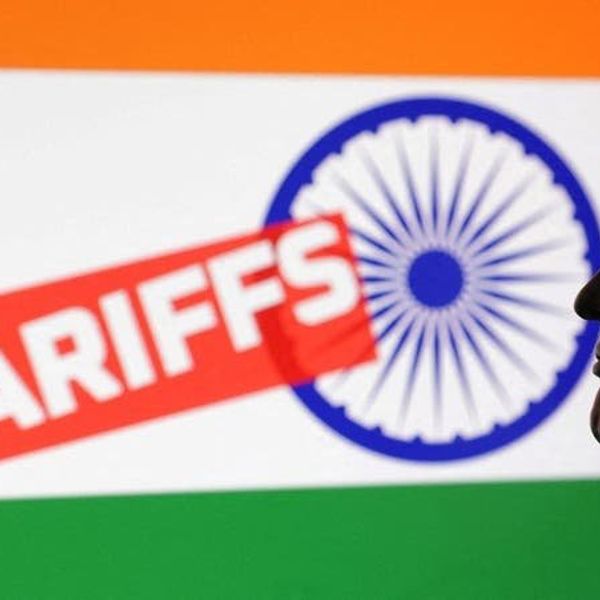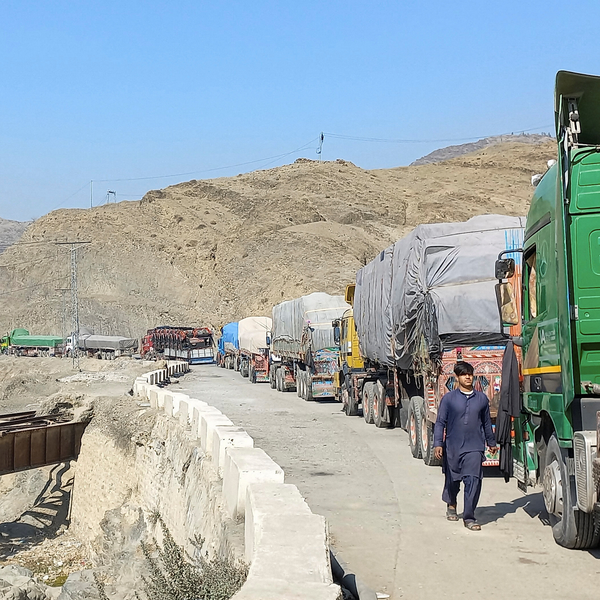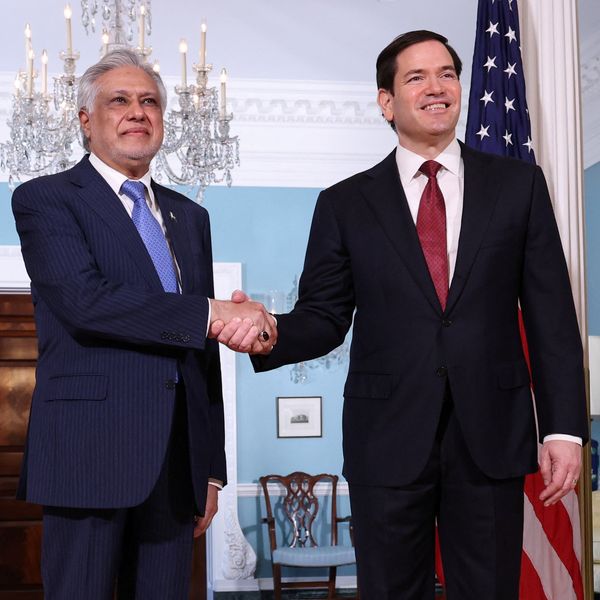Pakistan’s rice exports expected at $4 billion in this fiscal year
Country needs investable projects to attract foreign direct investment that produces export surplus

Javed Mirza
Correspondent
Javed Iqbal Mirza is an experienced journalist with over a decade of expertise in business reporting, news analysis, and investigative journalism. His work spans breaking news, editorial pieces, and in-depth interviews.

The Future Summit
PR
Pakistan’s rice exports this year are expected to fetch $4 billion, similar to last year, Federal Minister for Finance and Revenue, Muhammad Aurangzeb, said while expressing concerns over rising population and climate change.
Speaking at the Futures Summit convention on Wednesday, the minister said, “Rice exports last year were $4 billion, and this year is expected to be similar”. However, there is uncertainty about wheat and sugar production due to unknown acreage, which needs to be sorted out.
Aurangzeb emphasized the need for the Food Ministry to develop a plan and supported the abolition of the wheat support price in Punjab, stating that the government should not intervene in supply and demand.
Aurangzeb acknowledged resistance to documentation processes but stressed the importance of increasing tax revenues without overburdening the salaried class and manufacturing sector.
He highlighted progress in macroeconomic stability, with twin deficits turning into surpluses, stable currency, improved forex reserves, and declining inflation and policy rates.
Credit ratings have improved, and the banking sector is providing affordable financing to the private sector.
In a recent ECC meeting, it was noted that despite international price drops, pulses and chicken prices have increased by 50%. The government will now allow middlemen arbitrage to ensure declining inflation benefits the common man.
During annual meetings in Washington, stakeholders appreciated Pakistan's efforts to rebuild trust and credibility over the past 14 months. Aurangzeb emphasized the need for right-sizing government expenditure and ensuring tax revenues are appropriately spent.
He underlined the importance of technology in bringing transparency, reducing corruption, and improving client service. Aurangzeb stressed the need to shift the economy towards export orientation and reduce protection and incentives for local industry import substitution. The private sector must lead the country towards prosperity by increasing productivity.
Aurangzeb also highlighted the urgent need for investable and bankable projects to attract foreign direct investment (FDI) that produces export surplus. He expressed concern over the 2.5% population growth rate, which leads to issues like child stunting and reduced learning, particularly among girls.
Economic reforms are critical for the country's progress, and population growth is an existential crisis that needs to be addressed.










Comments
See what people are discussing